Women who used to circumcise girls as part of community cultural practice are now leading Anti-FGM crusaders in Kenya’s Gusii community in Kisii County. FGM is a common cultural practice among young and adolescent girls.
By Lenah Bosibori
Kisii County, Kenya: Growing up in a community where Female Genital Mutilation (FGM) was a deeply-rooted tradition, Seline Nyaboke never questioned the practice of doing it to girls aged 7-15 years until she realized the effects. She has practiced FGM on more than 500 girls.
Nyaboke has now renounced her role as a cutter and works tirelessly to educate her Gusii community and promote a culture of body positivity and gender equality. FGM involves partial or total removal of external female genitalia inflicting injury to the female genital organs for non-medical reasons.
There are four types of FGM where type I is the partial or total removal of clitoral glans and/or clitoral hood and type II involves the partial removal of clitoral glans and labia minora, with or without removal of labia majora.
In type III, there is the narrowing of vaginal orifices with the creation of a covering seal by cutting and positioning of the labia minora and or the labia majora with or without excision of the clitoris while type IV includes other harmful procedures to the female genitalia for non-medical purposes, for example, nicking, pricking, piercing, incising, scraping and cauterization.
Nyaboke’s turning point was being trained in her local church about the effects of FGM and the chances of imprisonment for perpetrators. This is when she joined the Young Women Democrats Empowerment Programme (YWDEP), an organization started in 2010 to end FGM in Gusii land.
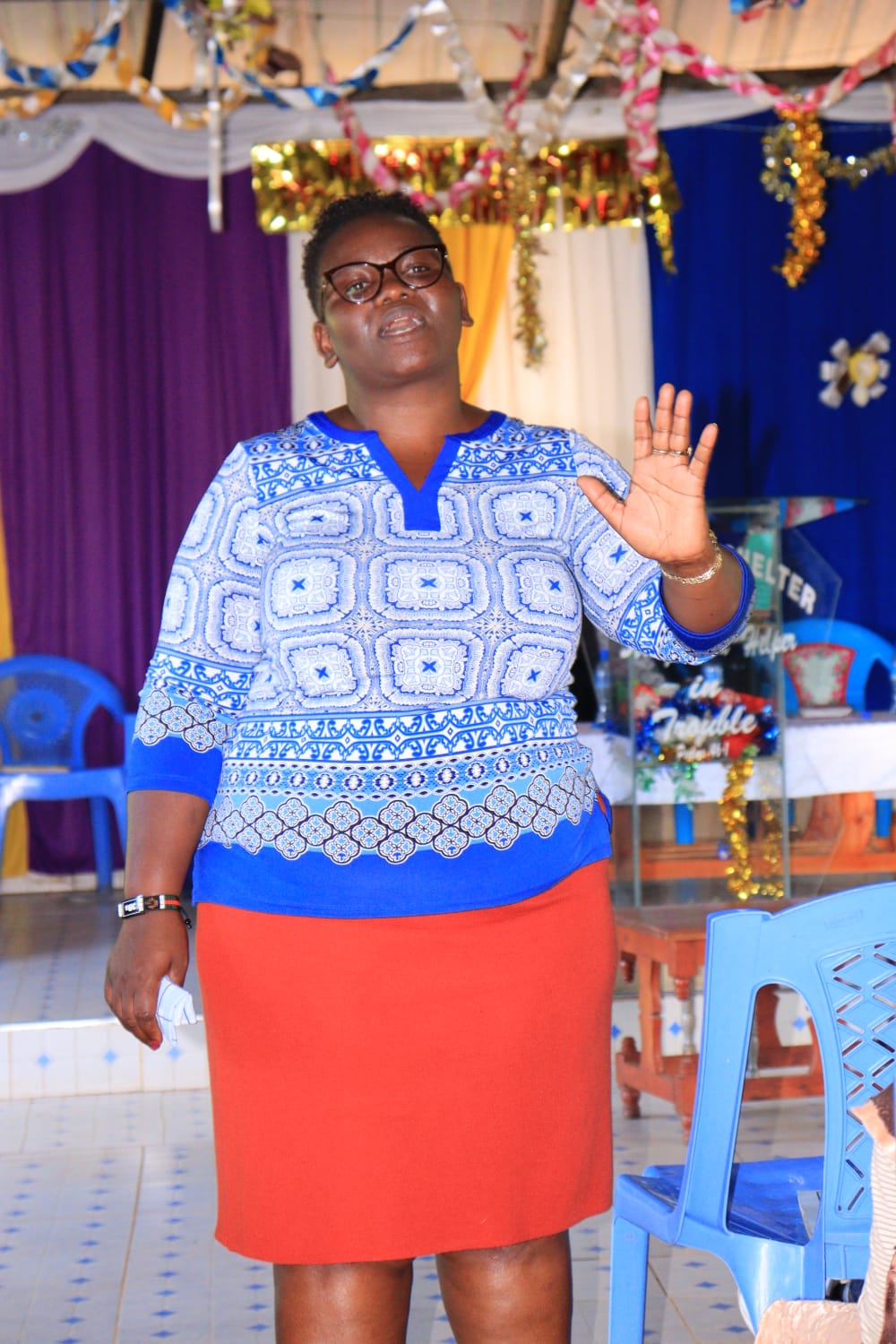
Since then she has been involved in many pieces of training and seminars which have transformed her. Nyaboke has shown how cultural traditions and beliefs can be challenged and transformed through education and personal reflection.
Mary Mose is another reformed cutter who had circumcised several girls but upon being born again realized that she was doing something that is against the Bible.
“After I got born again I decided to drop all the tools I was using to cut our girls, I now want to impact their life positively not negatively as I used to do,” said Mose.
Mose has engaged herself in doing small businesses at Keumbu market on the outskirts of Kisii County. According to the Kenya Demographic Health Survey 2022, the prevalence of FGM in Kenya by 2022 was at 15% with the practice being prevalent in 22 counties.
The practice driven by socio-cultural norms and some communities’ belief that it controls libido and sexual desire as well as increasing the marriageability of girls, remains high in some ethnic groups such as Somali (94%), Samburu (87%), Kisii (84%) and Maasai (78%).
But among the Gusii community, interventions such as the use of reformed circumcisers are helping to change societal attitudes towards this practice.
“We have been working to end FGM in 12 years,” says Esnahs Nyaramba, the founder YWDEP, adding that to date 31 cutters have been reformed and she works with them to achieve this goal.
She notes that it is difficult to end FGM at once since there are some cutters who conduct the activity in hiding.
Why reformed
According to Nyaramba, the majority of the reformed circumcisers are the traditional women who did the activity as a source of income, adding that some were doing it without knowing that it was wrong.
“Others were arrested by law enforcement officers and others were trained through various seminars in churches that led to their reform,” she noted.
“For those who were doing it as a source of income, we told them to drop their tools and showed them alternative ways of getting an income, majority ventured into small businesses like selling groceries.”
The organization received funding from non-governmental organizations (NGOs) such as Global Media Campaign which started businesses for the reformed cutters.“The reformers act as village champions and work with GMC to arrest perpetrators by taking them to homesteads of the ones still doing it,” adds Nyaramba, especially when schools are closed.
The campaigns are done throughout the year, she adds, noting that they become intensified when the schools are closed.
They carry out the campaigns by liaising with local leaders who bring people to a baraza (village meeting). For campaigns carried out in churches, the local church leaders together work with both GMC and the CBO to plan for a specific church to visit but due to limited funding they have not managed to visit the entire Gusii region.
“I have also been speaking frequently on local radio stations something that has made the campaigns more reachable to areas that we can’t physically reach,” adds Nyaramba.
Impacts of the campaigns.
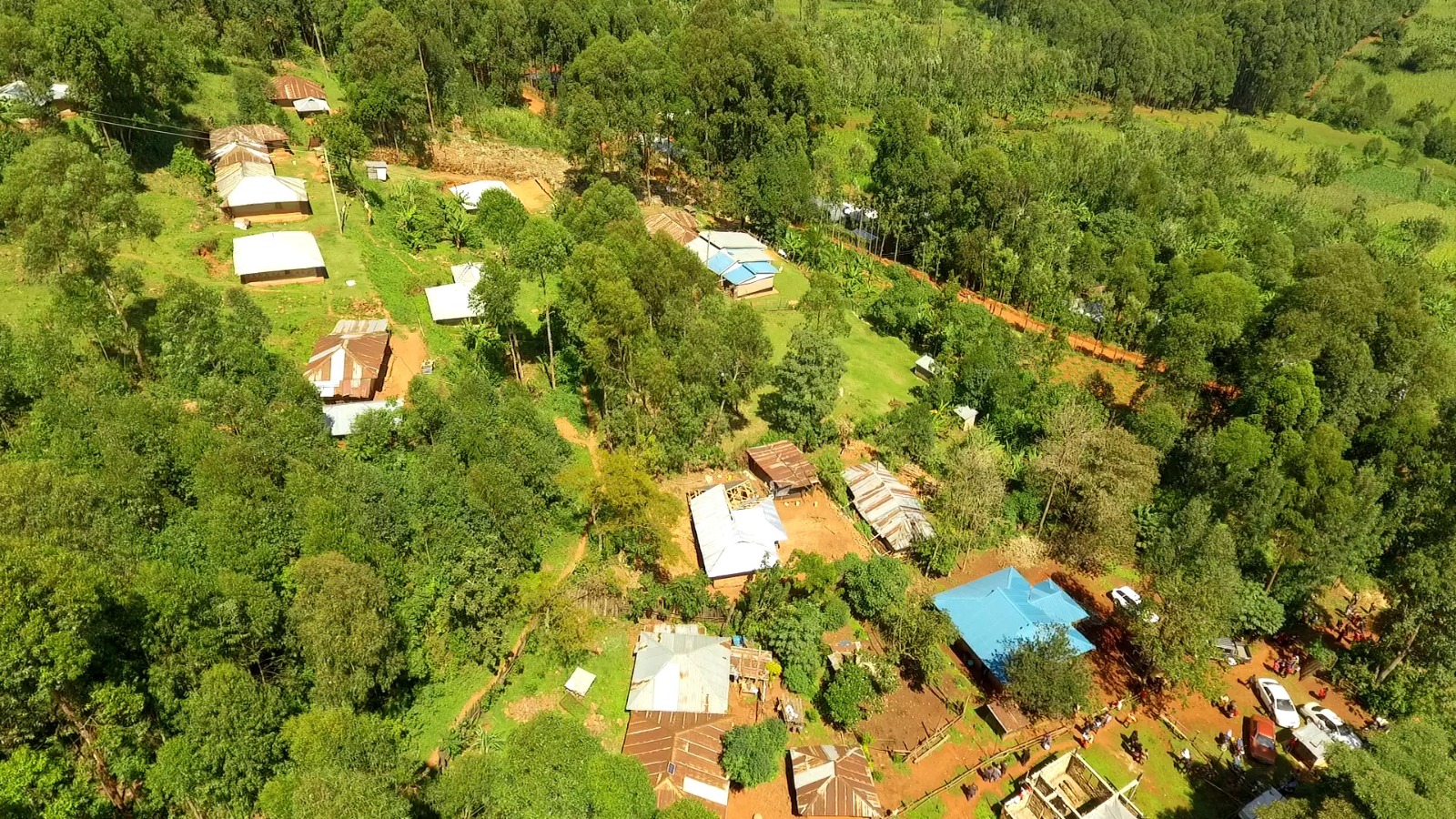
According to Dorca Omego, she learned that it was legally wrong to conduct FGM on girls from the sessions held by YWDEP in churches. “The campaigns have helped me, currently I understand that FGM is a thing of the past bypassed by time,” she notes.
Christine Kemunto is another beneficiary; she learned the negative impacts of FGM through seminars that are frequently held in schools, churches, and villages. She notes that the majority of the girls have been educated on the effects of FGM and are fully aware.
“I make sure that in every WhatsApp group consisting of Gusii people I am in, I remind them to say no to FGM, I have educated my friends too to remind the people close to them who might be tempted to have the cut,” adds Kemunto.
Challenges while campaigning against FGM
“Some local administrations like the chiefs have interfered with our work by protecting the cutters by alerting them when the police are going after them,” adds Nyaramba.
She also notes that some of the reformed cutters are still afraid that they might be arrested while in public, so they still don’t want to come out to deliver the message.
Stigma among the reformed cutters is also an issue as they are labeled and targeted by the ones still practicing the vice. At some point, she notes that some reformed cutters were kidnapped.
Further Nyaramba says that FGM in Gusii land is still a menace because of the secret prevalence given. “FGM in Gusii is done in private clinics, homesteads, and hospitals, you will never know when it is done unless someone raises an alarm,” she noted, adding that the practice is being spearheaded by learned women who have refused to change their mindsets.

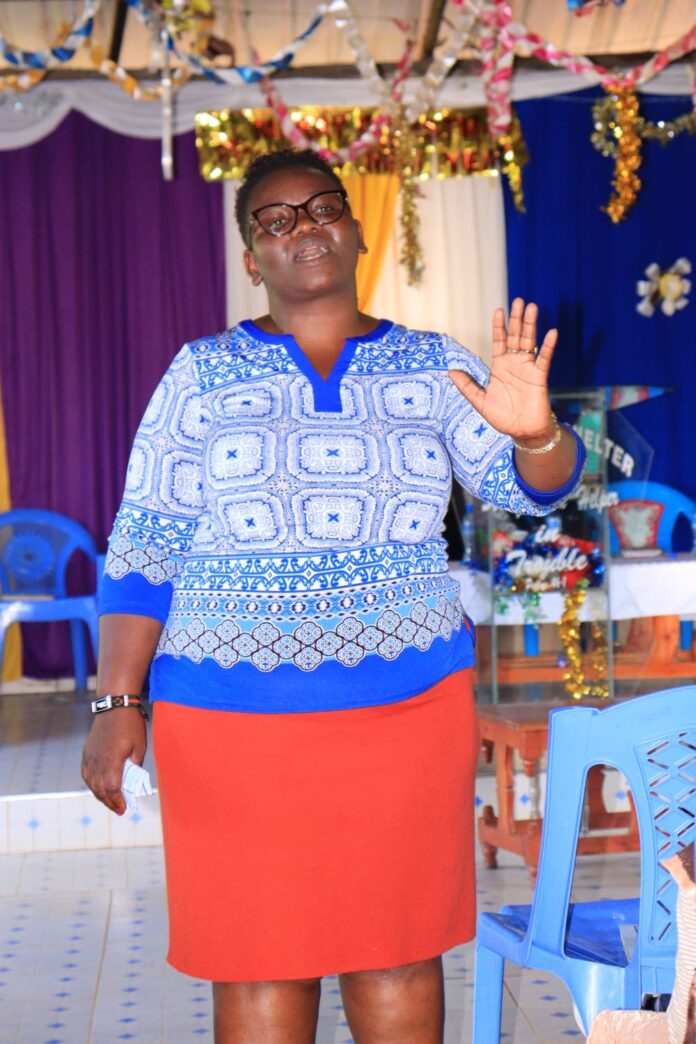
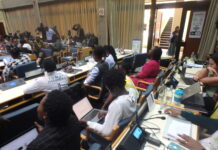
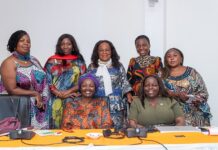











Together we can stop fgm
Comments are closed.